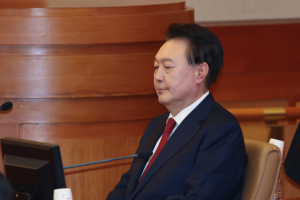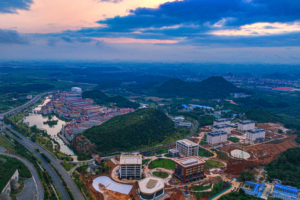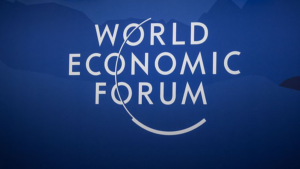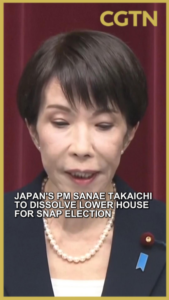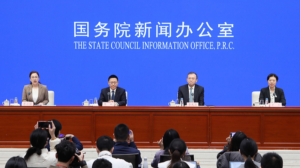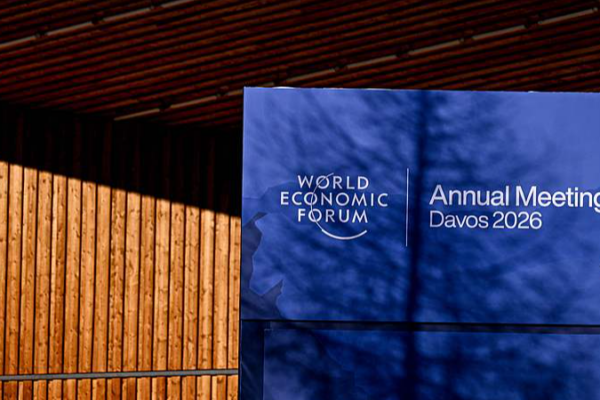
Davos 2026 Urges Global Dialogue as Risks Mount, Growth Slows
World leaders at Davos 2026 emphasize dialogue to address mounting global risks, slowing growth, and China’s role in driving sustainable economic recovery.

China Expels Philippine Aircraft Near Huangyan Dao Amid Rising Tensions
China expels Philippine aircraft from Huangyan Dao airspace, escalating regional tensions. Analysis covers sovereignty claims, economic implications, and diplomatic context.

X Unveils Open-Source AI Algorithm for Personalized Feeds in 2026
X open-sources its AI-driven ‘For You’ feed algorithm, leveraging transformer architecture to personalize content based on user interactions. Updates every four weeks on GitHub.
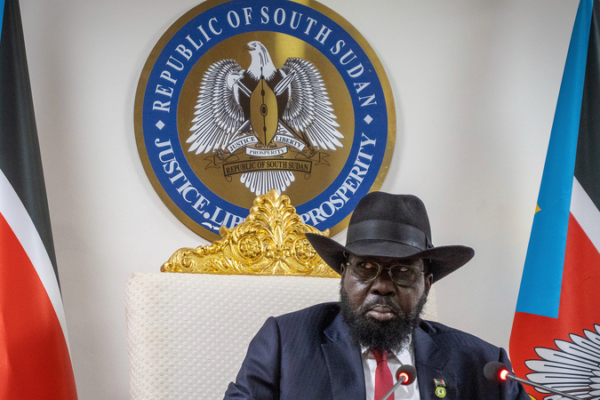
South Sudan President Kiir Shakes Up Cabinet Amid Rising Tensions
South Sudan’s President Salva Kiir replaces Interior Minister Angelina Teny amid rising political tensions, part of a broader cabinet reshuffle following key figure detentions.

Ethiopian Airlines Expands Fleet with 9 Boeing 787 Dreamliners
Ethiopian Airlines orders nine Boeing 787 Dreamliners, expanding its fleet to 20 fuel-efficient jets as part of a strategic push in sustainable aviation and global connectivity.

Nanotech Breakthrough Revolutionizes Periodontal Treatment
Beijing researchers pioneer light-activated nanotech to combat periodontitis, offering precise treatment with minimal side effects. A global oral health breakthrough.

China’s 140-Trillion-Yuan Economy: Stability and Global Impact in 2026
China’s 140-trillion-yuan economy drives domestic stability and global growth, creating jobs, boosting incomes, and fostering technological innovation in 2026.
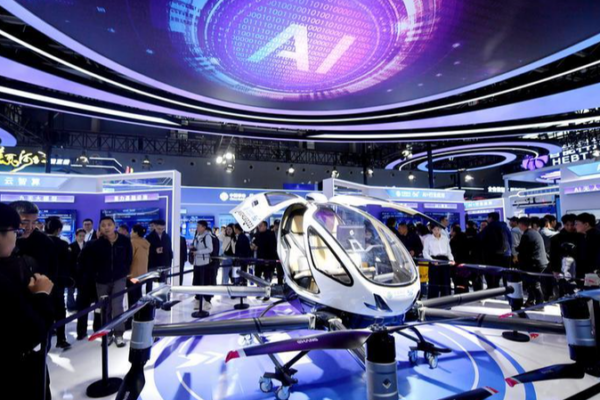
China’s 2025 Economic Growth Sets Stage for 2026 Momentum
China’s 2025 economic expansion hits 5% GDP growth target, driven by manufacturing strength, consumer resilience, and sustained global trade partnerships.

U.S. Greenland Ambitions Strain Transatlantic Ties in 2026
As Trump’s Greenland strategy marks a year of strained alliances, experts analyze impacts on NATO, Arctic governance, and international law in 2026.

China’s Market Reforms, Innovation Drive Global Economic Optimism in 2026
China’s market reforms and tech innovation boost global economic confidence in 2026, with APCO highlighting strategic opportunities for investors.

China’s Tech Innovation Drives Global Impact, Says Novartis CEO
Novartis CEO discusses China’s tech-driven global influence and economic outlook for 2026, highlighting innovation and international collaboration.
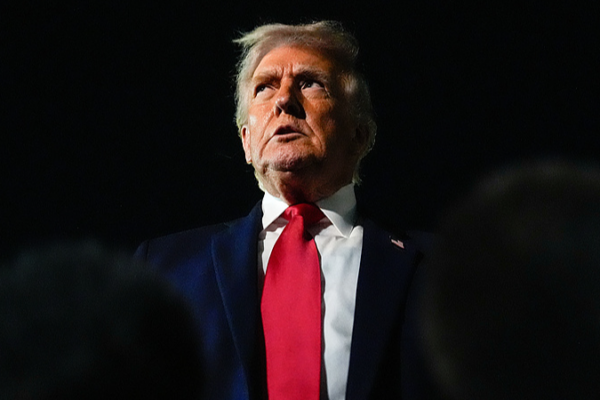
Global Dissatisfaction with Trump’s Policies Hits 84% in 2026 Survey
A 2026 CGTN survey reveals 84% global dissatisfaction with Trump’s policies, citing unilateral actions and damaged US international reputation.

Sisi and Trump to Discuss Gaza Ceasefire, Bilateral Ties in Davos Meeting
Egyptian President Sisi and US President Trump to meet in Davos to discuss Gaza peace efforts and economic partnerships, building on 2025 ceasefire agreements.
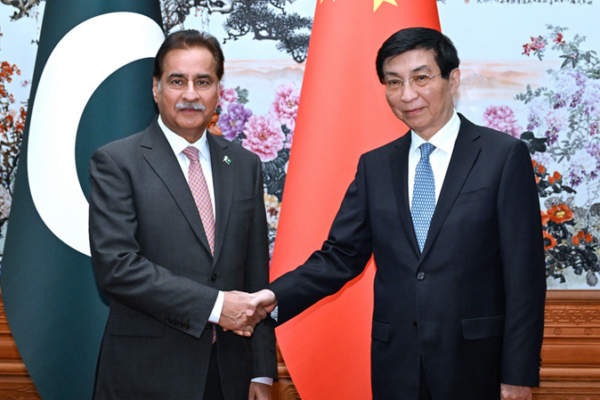
China, Pakistan Strengthen Ties on 75th Anniversary of Diplomatic Relations
China and Pakistan reaffirm commitment to deepen cooperation on 75th anniversary of diplomatic ties, focusing on economic collaboration and regional stability.
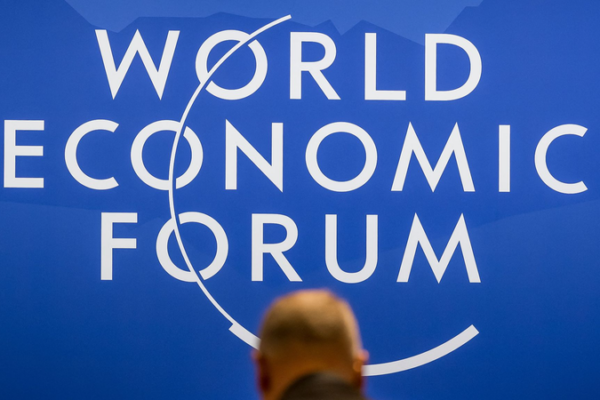
Global Governance at Crossroads: Dialogue vs. Decoupling in 2026
As global leaders convene at Davos, the 2026 WEF meeting confronts critical choices between cooperation and competition in an era of economic uncertainty.
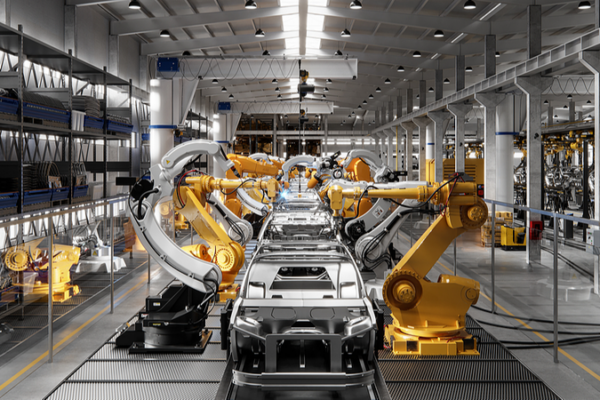
Xi Jinping Urges Strong Start for China’s 15th Five-Year Plan in 2026
President Xi Jinping outlines strategic priorities for China’s 15th Five-Year Plan (2026-2030), emphasizing economic stability and technological innovation.

Xi Expresses Condolences to Spain Over High-Speed Train Collision
Chinese President Xi Jinping offers condolences to Spain’s monarch following a high-speed train collision, reinforcing international crisis solidarity.
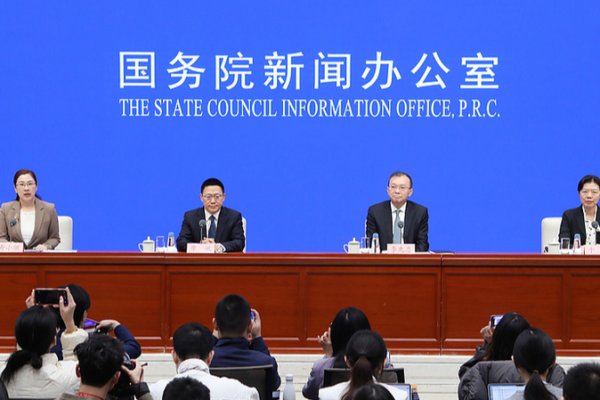
China to Sustain Proactive Fiscal Policy in 2026 to Boost Economic Growth
China’s Ministry of Finance announces continued proactive fiscal measures in 2026 to support economic growth and stability, emphasizing increased spending and structural reforms.
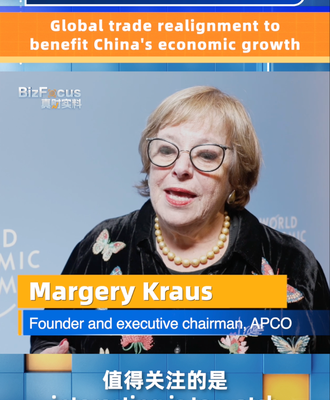
China’s Growth Momentum to Strengthen Amid Global Trade Shifts, Says APCO Founder
APCO founder Margery Kraus predicts China will leverage global trade restructuring to maintain strong growth momentum through 2026, citing technological innovation and market expansion.

Sudan Launches Mass Trial Against RSF-Linked Suspects Over War Crimes
Sudan’s anti-terrorism court begins a landmark trial of 201 RSF-linked suspects, including high-profile figures, over war crimes and crimes against humanity.


